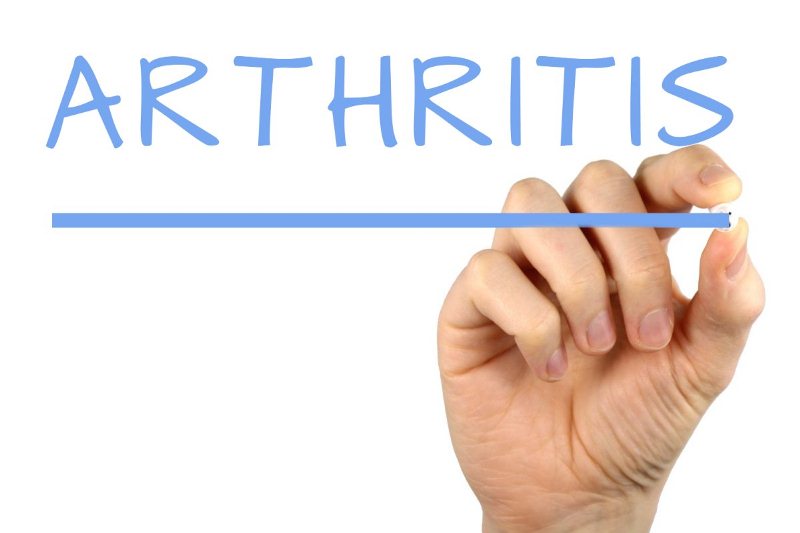Arthritis: What to Eat and What Not
Coming in over 100 forms, arthritis can affect people of all ages, but especially elderly individuals are predisposed to this condition. The most common are osteoarthritis-OA, or the “wear and tear” arthritis, rheumatoid arthritis-RA, an autoimmune disease that damages the joints.

Considering that this disease produces an inflammation of the joints, your body becomes very sensitive. If it advances, it can lead to a number of health issues.
The food you ingest can help alleviate the symptoms, or worsen them, by processings the substances contained by the food.
This is a list of types of foods you should consume or avoid altogether.
Contents
The Pro List of Foods
- Vitamin C is known to help with inflammation, hydration of the body and it can also fight infections and viruses. The use of it on a daily basis can reduce up to 30% the swelling and thus, alleviate pain and sore joints.
- Omega 3 fatty acids are great for reducing the inflammation and according to the National Institutes of Health, one of the most used common supplements is oil fish.Omega-3 has the ability to minimize and even stop the active process of inflammation.
- Olive oil contains a compound called oleocanthal which prevents the production of pro-inflammatory enzymes in a similar matter to ibuprofen. It works better if it’s taken along with Omega-3.
- Teas are an excellent source of antioxidants and come in a variety of forms. Due to its high level of antioxidants, this drink can prevent and reduce the pain caused by inflammation. Whether you prefer green, black or white tea, it will rev up your immune system.
The Cons List
- Refined grains like white rice or bread, cookies, cakes are not a good suggestion for someone with arthritis. They are easily processed by the organism, and the carbs they contain are turned into sugar, which accelerates the inflammatory process. Inflammation of the internal system can even lead to diabetes or heart disease.
- Fatty and processed meats can increase the inflammation process besides leading to weight gain that can further damage joints or lessen your ability to move. Opt instead for a cold-water fish that is good for your condition.
- Salt will determine the cells to attract water and put pressure on the blood vessels and spike your blood pressure. People who suffer from rheumatoid arthritis are more likely to feel the side-effect of consuming too much salt. If a sodium-free diet seems insipid, add spices to your meals to enhance their flavor.
- Trans Fats can be found in dairy products and are produced by adding vegetable oil to the mix. Besides the fact that they raise the LDL levels, they also destroy the good cholesterol. Try to avoid products like fried foods, margarine or baked goods found in supermarkets.
A natural approach to dealing with arthritis will ensure better health, a stronger organism and will diminish the pain of joints. At the same time, it will reduce the inflammatory process or other problems caused by this disease while avoiding the side-effects.



